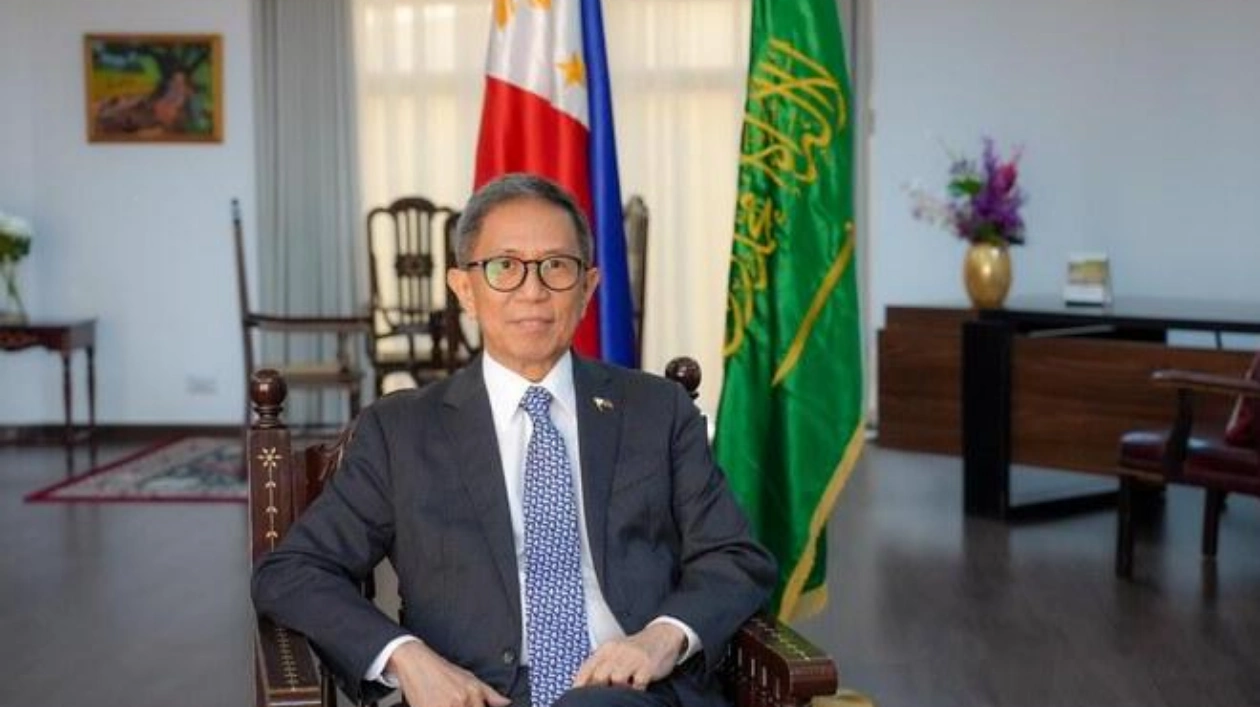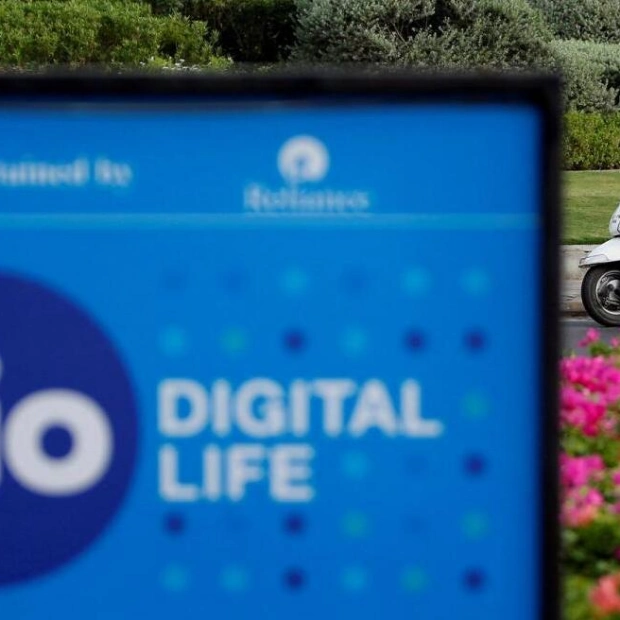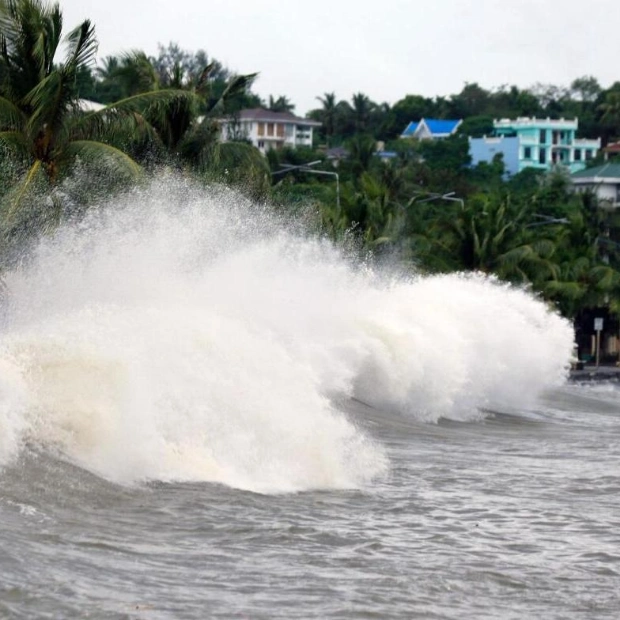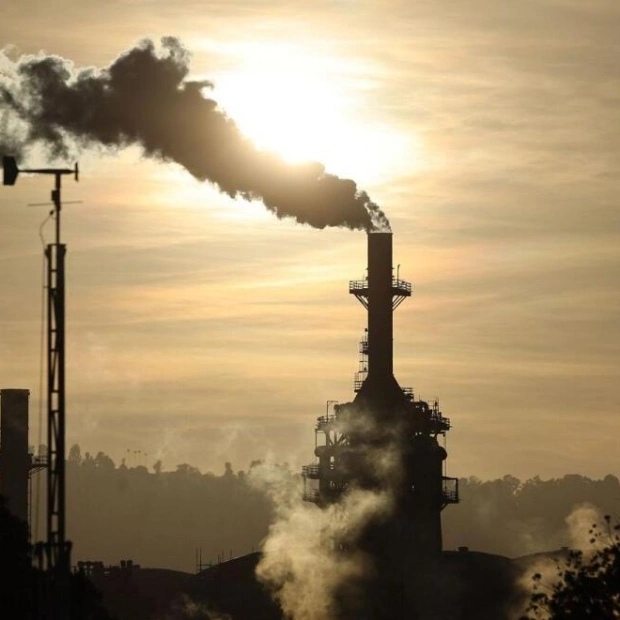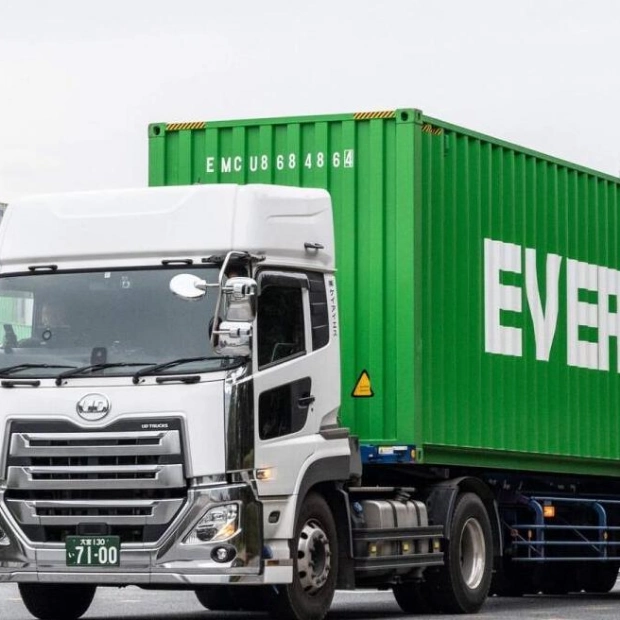RIYADH: Saudi Arabia and the Philippines have inked their inaugural energy cooperation agreement, symbolizing a significant step forward in their bilateral ties and bolstering the Kingdom's sustainability efforts.
The memorandum of understanding, sealed by Saudi Energy Minister Prince Abdulaziz bin Salman and Philippine Energy Secretary Raphael Lotilla in Riyadh, aims to create a comprehensive framework for collaboration across multiple energy sectors.
This agreement covers pivotal areas such as petroleum, natural gas, refining, and petrochemicals, alongside electricity, renewable energy, and energy storage solutions. Both nations are dedicated to advancing energy efficiency programs as part of their shared vision for a sustainable future.
This development coincides with Saudi Arabia's goal to derive 50 percent of its energy from renewable sources by 2030.
In an interview with Arab News, Lotilla highlighted that this is the first such agreement between the two governments.
"The MoU as a framework covers many areas; in fact, the entire scope of the energy transition. Our ambitions are not at the same levels; we are a bit behind because it’s 50 percent by 2040, so we have much to learn from Saudi Arabia," he said.
Lotilla also noted the Philippines' demographic advantage, describing the nation as being in a "demographic sweet spot" due to its young and expanding workforce, projecting that it could become a trillion-dollar economy by 2030, alongside Indonesia and other regional leaders.
This energy partnership builds on robust existing ties, with Saudi Arabia hosting around 800,000 Filipinos and bilateral trade being valued at over $400 million annually. The MoU seeks to extend collaboration beyond fossil fuels, incorporating new technologies, climate solutions, and renewable energy initiatives.
Both countries experience high energy demands driven by extreme temperatures, with El Niño pushing electricity demand in the Philippines up by 14 percent last year.
The agreement emphasizes climate change mitigation technologies and endorses the Circular Carbon Economy framework promoted by Saudi Arabia, which aims to reduce toxic emissions through capture, reuse, storage, and transport technologies.
Lotilla indicated that the agreement lays the groundwork for investments in renewable hydrogen projects and the potential for biofuels, given Saudi Arabia’s refining capabilities and the Philippines’ agricultural resources.
The MoU fosters private sector cooperation, encouraging partnerships with energy-focused companies and reflecting both nations’ intent to leverage business expertise to drive innovation and development.
The Philippines is also seeking Saudi Arabia’s assistance in achieving 100 percent electrification in the Bangsamoro Autonomous Region for Muslim Mindanao, which currently has less than 50 percent household access to electricity.
Lotilla emphasized the significance of this initiative for economic and human development, saying: "This would require some $200 million of investments, and we are trying to attract private investors as well as sovereign funds to help us attain that 100 percent electrification goal by 2028."
In another interview with Arab News, Rommel Romato, chargé d’affaires of the Philippine Embassy in Riyadh, stated that the agreement creates numerous promising economic opportunities for Filipino businesses.
Beyond energy, both countries are exploring collaborations in agriculture, technology and tourism, as well as healthcare and education.
Lotilla acknowledged that current bilateral trade between the Philippines and Saudi Arabia exceeds $400 million annually, though the trade balance currently favors the Kingdom, which exports more to the Asian country than it imports.
